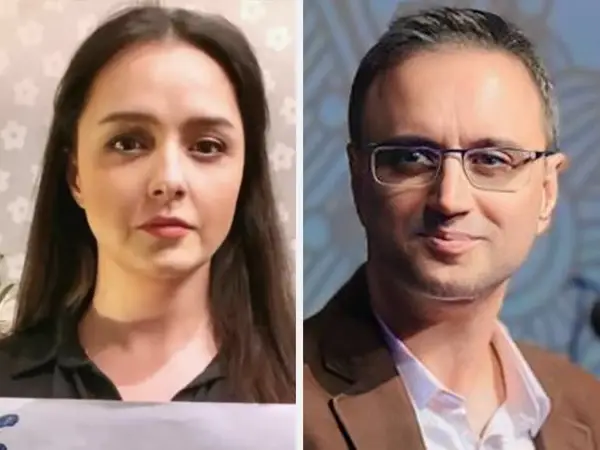Actress Taraneh Alidoosti and filmmaker Mostafa Al-Ahmad have been diagnosed with diseases after serving time in Iranian prisons for voicing dissent, the latest in a series of mystery illnesses contracted by political prisoners.
Taraneh Alidoosti – best known for the Oscar-winning movie "The Salesman" - was arrested as part of the Woman Life Freedom movement sparked by the death in police custody of Mahsa Amini, a 22-year-old woman who reportedly defied the hijab rule.
The news of her illness started when her mother during an Instagram Live on Sunday hinted that her daughter might have an “undiagnosed disease” which Iranian media reported as DRESS Syndrome.
Cinema Etemad, in an article that has since been removed from the website, defined the condition as "causing numerous symptoms such as fever, blood abnormalities and organ inflammation throughout the body” and is associated with “overreaction to certain medications.”
Security forces arrested Alidoosti in December 2022 at her home for posting a photo of herself without the mandatory veil on social media and criticizing the death penalty. A month later, she was released on bail.
On Wednesday, Zahra Minuei, Taraneh Alidoosti’s lawyer, confirmed the reports while emphasizing that Alidoosti did not wish the public to be aware of the disease.
“Taraneh Alidousti has been diagnosed with DRESS Syndrome since August 2023, which doctors said was caused by drug interaction,” Minuei wrote on X. “Mrs. Alidousti is currently making a partial recovery after a long treatment period,” she added.
However, that was not an isolated incident. Mostafa Al-Ahmad’s lawyer said on April 23 that the filmmaker “like other activists, has been suffering from some kind of autoimmune disease ever since he was released from prison.”
“Human rights activists are worried by the recurrence of these diseases,” Maryam Kianersi wrote on X.
In July 2022, Mostafa Al-Ahmad was arrested as part of a crackdown on the signatories of the "Lay down the gun" letter issued by over 100 members of the film industry in Iran.
The statement urged military and security forces not to suppress protesters as a wave of demonstrations spread across Iran after a 10-story building collapsed in Abadan, south of Iran, killing at least 40 people.
The cases of Alidoosti and Al-Ahmad in recent days have brought the issue of the illnesses and unexplained deaths of political prisoners into the spotlight once again. The authorities often attribute suspicious deaths or suicides in prisons and detention centers, or shortly after prisoners' release, to mental health or personal issues.
